By: Sunday Ameh
The United States military has drafted contingency plans for possible airstrikes in Nigeria following President Donald Trump’s directive to “prepare to intervene” over alleged persecution of Christians by Islamic militants, The New York Times has reported.
According to the publication, the U.S. Africa Command (AFRICOM) has submitted a range of operational plans to the Department of War in response to a request from Secretary Pete Hegseth, who sought detailed proposals in line with the president’s order.
The report noted that the plans—classified into “heavy,” “medium,” and “light” options—outline varying levels of U.S. military engagement in Nigeria.
Under the “heavy option,” an American aircraft carrier strike group would be deployed to the Gulf of Guinea, with fighter jets or long-range bombers launching air raids against militant strongholds across northern Nigeria.
The “medium option” reportedly proposes the use of MQ-9 Reaper and MQ-1 Predator drones for precision strikes on known terrorist camps, convoys, and logistics networks. These operations would be backed by U.S. surveillance and intelligence capabilities to ensure accurate targeting.
Meanwhile, the “light option” focuses on intelligence sharing and logistical support for Nigerian security forces in their ongoing operations against Boko Haram, ISWAP, and other extremist groups.
Military officials, however, cautioned that while the plans provide different levels of response, limited airstrikes alone are unlikely to end Nigeria’s prolonged insurgency without a broader and sustained campaign—something Washington appears reluctant to pursue.
President Trump, in a statement on Wednesday evening, reaffirmed his administration’s readiness to act, warning that the U.S. “cannot stand by” while Christians face what he described as “genocidal attacks.”
“Christianity is facing an existential threat in Nigeria,” Trump said. “The United States stands ready, willing, and able to protect our great Christian population around the world.”
In a related development, China has voiced strong opposition to any foreign interference in Nigeria’s internal affairs.
At a press conference in Beijing, Chinese Foreign Ministry spokesperson Mao Ning declared that China “firmly supports the Tinubu administration as it leads its people on the development path suited to its national conditions.”
“As Nigeria’s comprehensive strategic partner, China firmly opposes any country using religion and human rights as an excuse to interfere in other countries’ internal affairs or to threaten others with sanctions or force,” Ning said.
Meanwhile, the Nigerian government has cautioned the United States against any unilateral military action. Presidential aide Daniel Bwala, speaking on Russia National TV, urged Washington to respect Nigeria’s sovereignty.
Bwala described Trump’s rhetoric as “a reflection of misinformation by groups seeking to influence U.S. foreign policy,” insisting that there is no evidence of state-backed persecution of Christians in Nigeria.
He added, “We welcome U.S. assistance in fighting insecurity, but we do not need American troops on Nigerian soil. There must be respect for our territorial integrity.”
The development has sparked widespread global debate, with analysts warning that U.S. intervention could escalate tensions in West Africa’s security landscape.
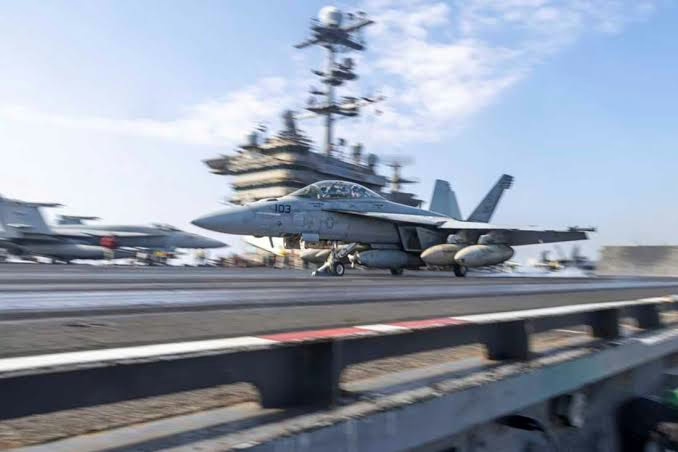
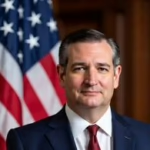


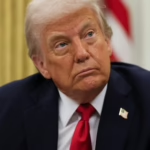

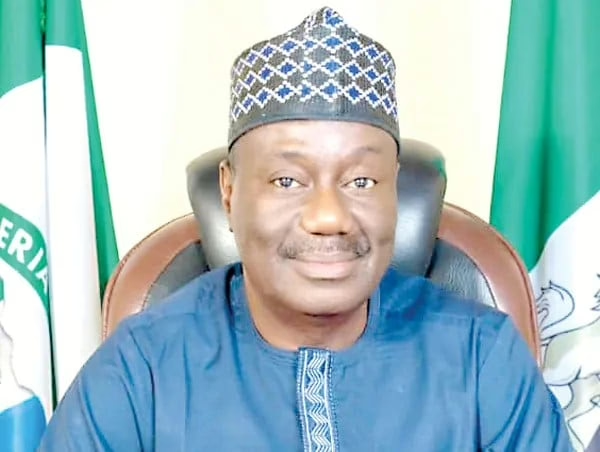

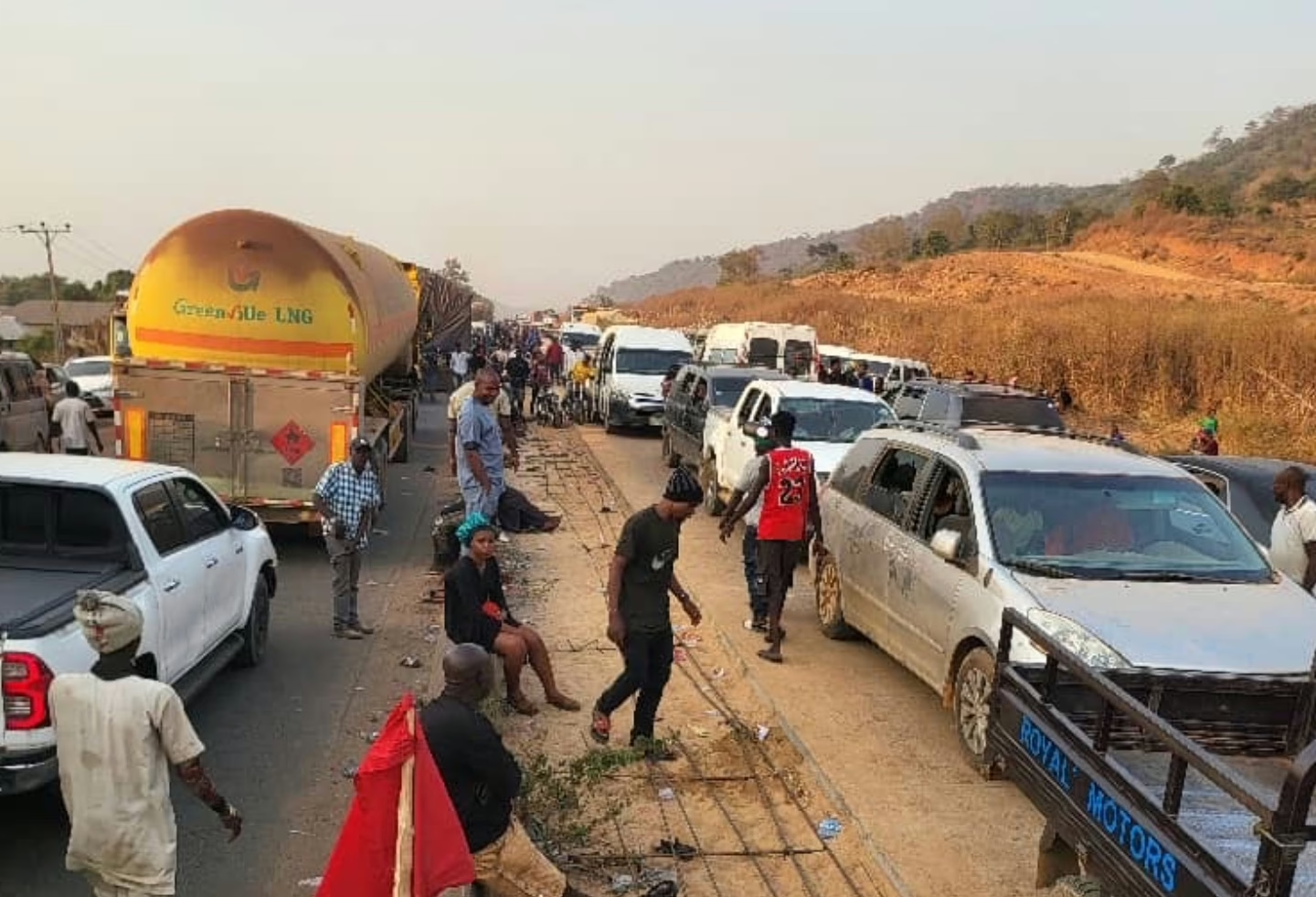
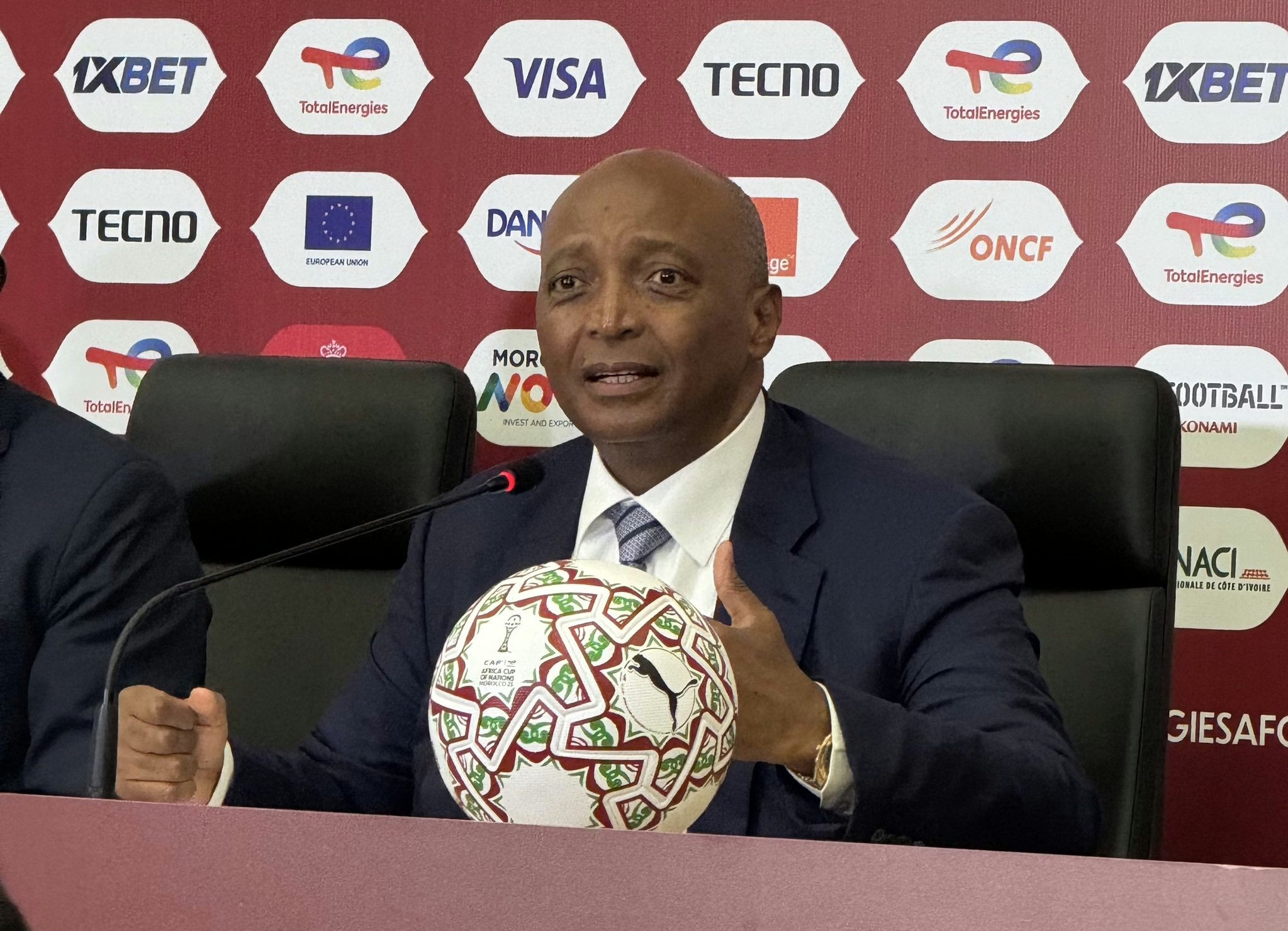

Leave a Reply